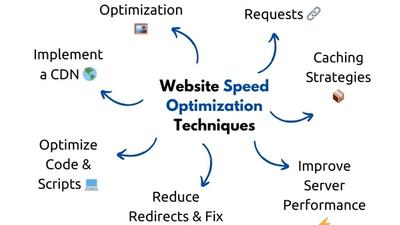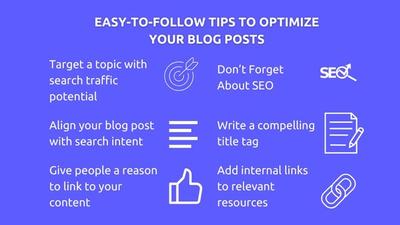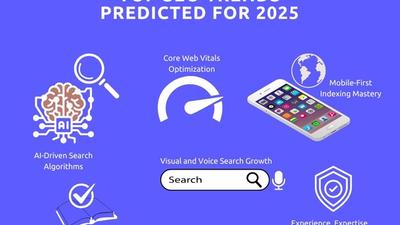How Posting on Social Media Can Help Your SEO in 2025

ByteSimple
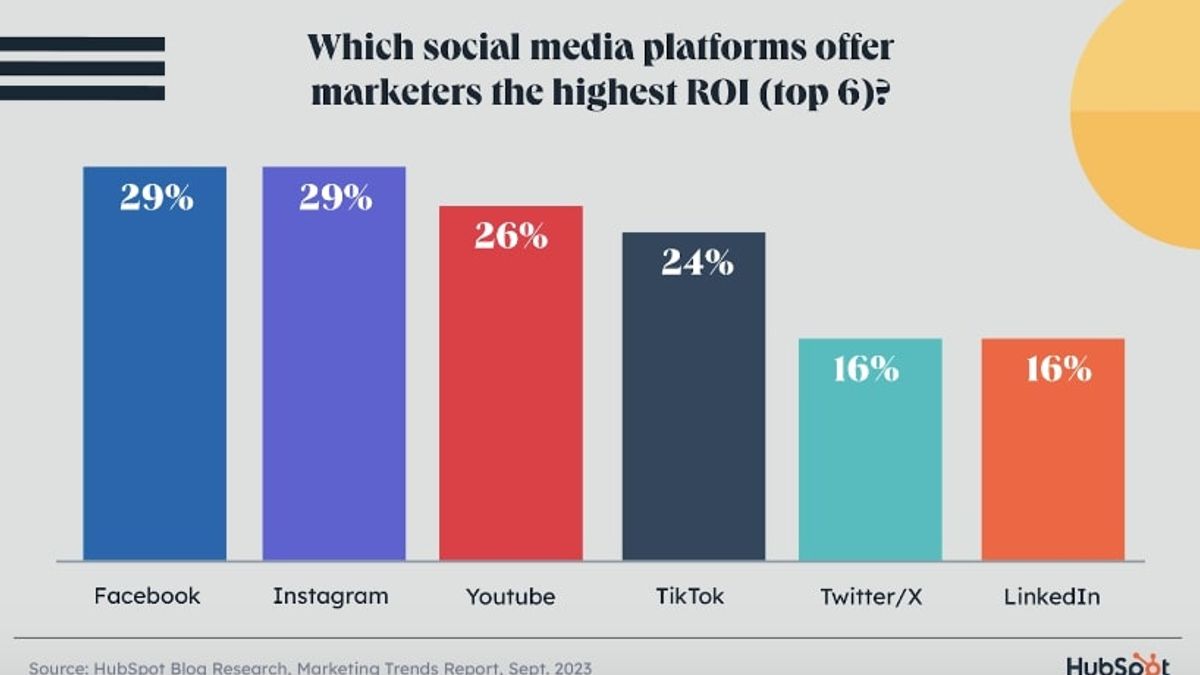
Introduction
Creating high-quality content is only half the battle in digital marketing. Even the most well-researched blog posts or website pages can struggle to gain traction without the right promotional strategy. Social media has become an essential tool for amplifying content, increasing engagement, and indirectly improving search rankings. In 2025, its role in SEO is more significant than ever. This guide explores how leveraging social media can enhance visibility, drive traffic, and strengthen your overall SEO strategy.
How Social Media Impacts SEO
Search engines do not use social media activity as a direct ranking factor. However, social platforms play a crucial role in distributing content, generating engagement, and increasing brand authority. The key benefits include:
- Increased Website Traffic: Social media provides an additional channel for content discovery, leading more users to your website.
- Stronger Brand Signals: Consistent social media activity enhances brand recognition, which can influence search rankings.
- Higher Engagement and Shares: Content that resonates with users is more likely to be shared, improving visibility and potential backlink opportunities.
- Indirect Backlink Generation: Engaging and widely shared content is more likely to attract backlinks from blogs, news sites, and industry publications.
To maximize the SEO benefits of social media, brands must focus on strategic content distribution, engagement, and performance analysis.
Step-by-Step Guide: Using Social Media to Improve SEO
How Does Social Media Affect SEO - Does Social Media Help You Rank Higher On Google (SEO)?
1. Create Content That Encourages Sharing and Engagement
Social media success depends on producing content that users find valuable and engaging. High-quality posts can extend content reach and drive traffic back to your site.
Actionable Strategy:
- Focus on informative, visually appealing, and emotionally resonant content.
- Include clear calls-to-action (CTAs) that encourage sharing and discussion.
- Repurpose blog posts into short-form videos, infographics, and interactive content to enhance engagement.
2. Optimize Social Media Posts for Search Visibility
Search engines index social media content, which means optimized posts can appear in search results. Using strategic keywords and structured formatting improves discoverability.
Actionable Strategy:
- Incorporate primary and secondary keywords from blog content into social media captions.
- Use relevant hashtags to increase reach and engagement. Tools like Hashtagify can help identify trending industry-specific hashtags.
- Ensure alt text and metadata for images and videos include keyword-rich descriptions.

SOURCE: X of Financial Times
3. Generate Backlinks Through Social Media Engagement
Social media can serve as a bridge between high-quality content and authoritative websites. Engaging with industry leaders and influencers increases the chances of earning backlinks.
Actionable Strategy:
- Actively respond to comments, participate in discussions, and share user-generated content to build trust and credibility.
- Collaborate with influencers to amplify content reach and encourage external websites to reference your content.
- Share posts in niche communities, LinkedIn groups, and forums where industry professionals and bloggers may discover and link to your content.
4. Track Performance and Adjust Strategy Accordingly
Effective SEO strategies require continuous monitoring and optimization. Analyzing engagement data helps determine which types of social content drive the most website traffic.
Actionable Strategy:
- Use analytics tools like Google Analytics, Hootsuite, and Sprout Social to track click-through rates (CTR), referral traffic, and engagement metrics.
- Identify high-performing posts and replicate their format and strategy in future content.
- Adjust posting times, content formats, and engagement methods based on audience behavior data.
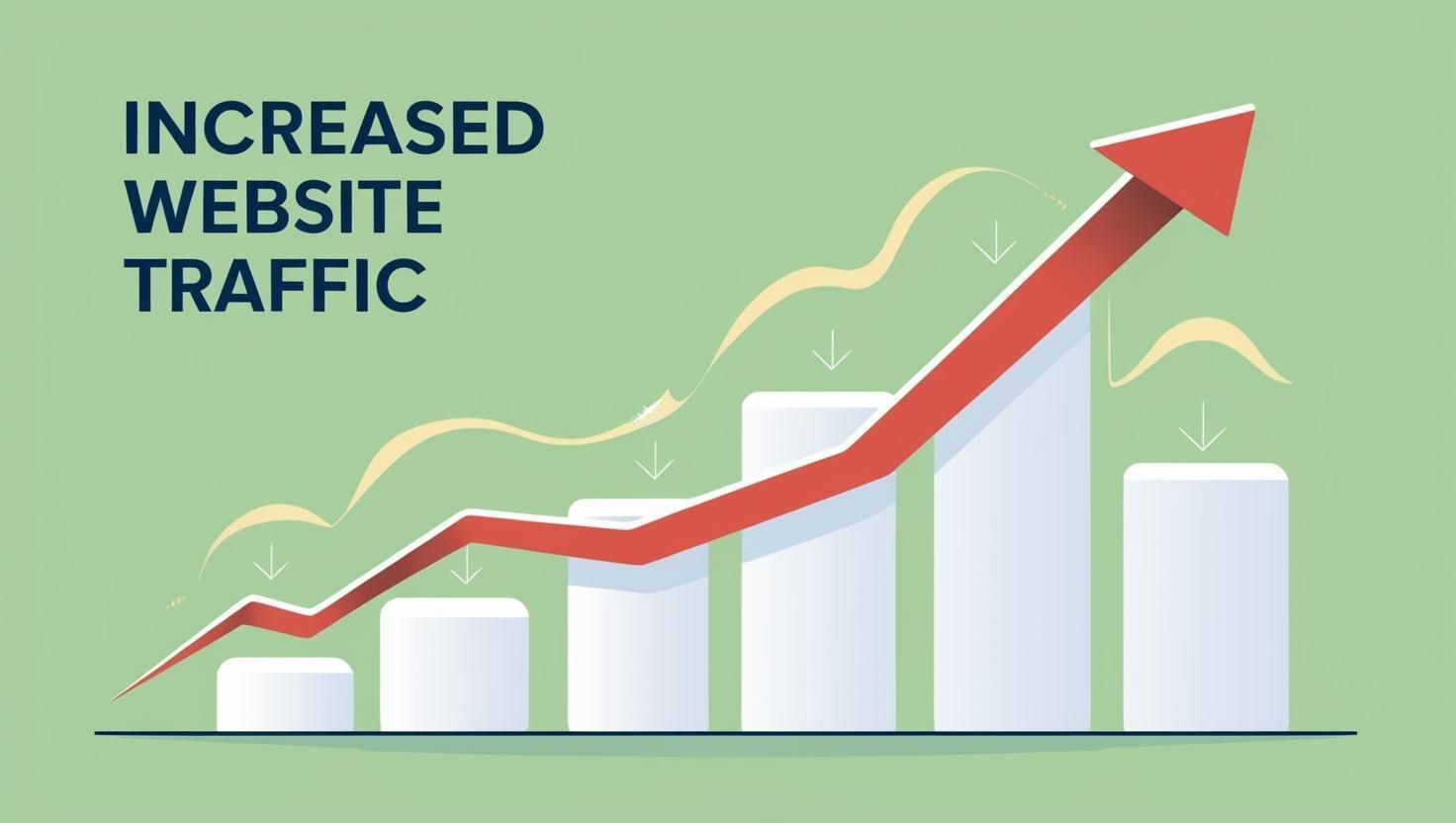
SOURCE: Seobility
Common Social Media SEO Mistakes to Avoid
Even well-intended social media efforts can fall short if common pitfalls are not avoided. Some of the most frequent mistakes include:
- Inconsistent Posting: Irregular updates can cause audience engagement to decline. A consistent posting schedule maintains visibility and brand presence.
- Lack of Interaction: Social media is a two-way communication channel. Failing to engage with followers can limit content reach and reduce audience loyalty.
- Overusing Automation: While scheduling tools save time, excessive automation can make content feel impersonal. A mix of scheduled and real-time engagement is essential.
- Ignoring Data Insights: Neglecting to analyze performance data can result in missed opportunities for content optimization.
Essential Tools for Social Media SEO Success
To streamline social media efforts and maximize SEO impact, consider leveraging the following tools:
- Hootsuite: Schedule posts, track engagement, and analyze performance metrics.
- BuzzSumo: Identify trending topics and analyze competitor content strategies.
- Canva: Design high-quality graphics, infographics, and social media visuals.
- Google Analytics: Monitor social media-driven traffic and measure SEO impact.
Conclusion
Social media is a powerful extension of any SEO strategy, helping to distribute content, boost engagement, and increase search visibility. By creating high-value, shareable content, optimizing posts for keywords and engagement, and actively fostering community interaction, businesses can enhance their online presence and improve search rankings.
SEO success in 2025 requires an integrated approach where content marketing, social media, and search optimization work together. Brands that strategically leverage social media will see long-term gains in traffic, authority, and visibility.
For more insights on SEO best practices and digital marketing trends, explore our comprehensive guides on content optimization and social media engagement.
Ready to take your SEO strategy to the next level? Check out our guide on Creating High-Converting Social Media Campaigns or contact us today to learn how we can help boost your online presence.
